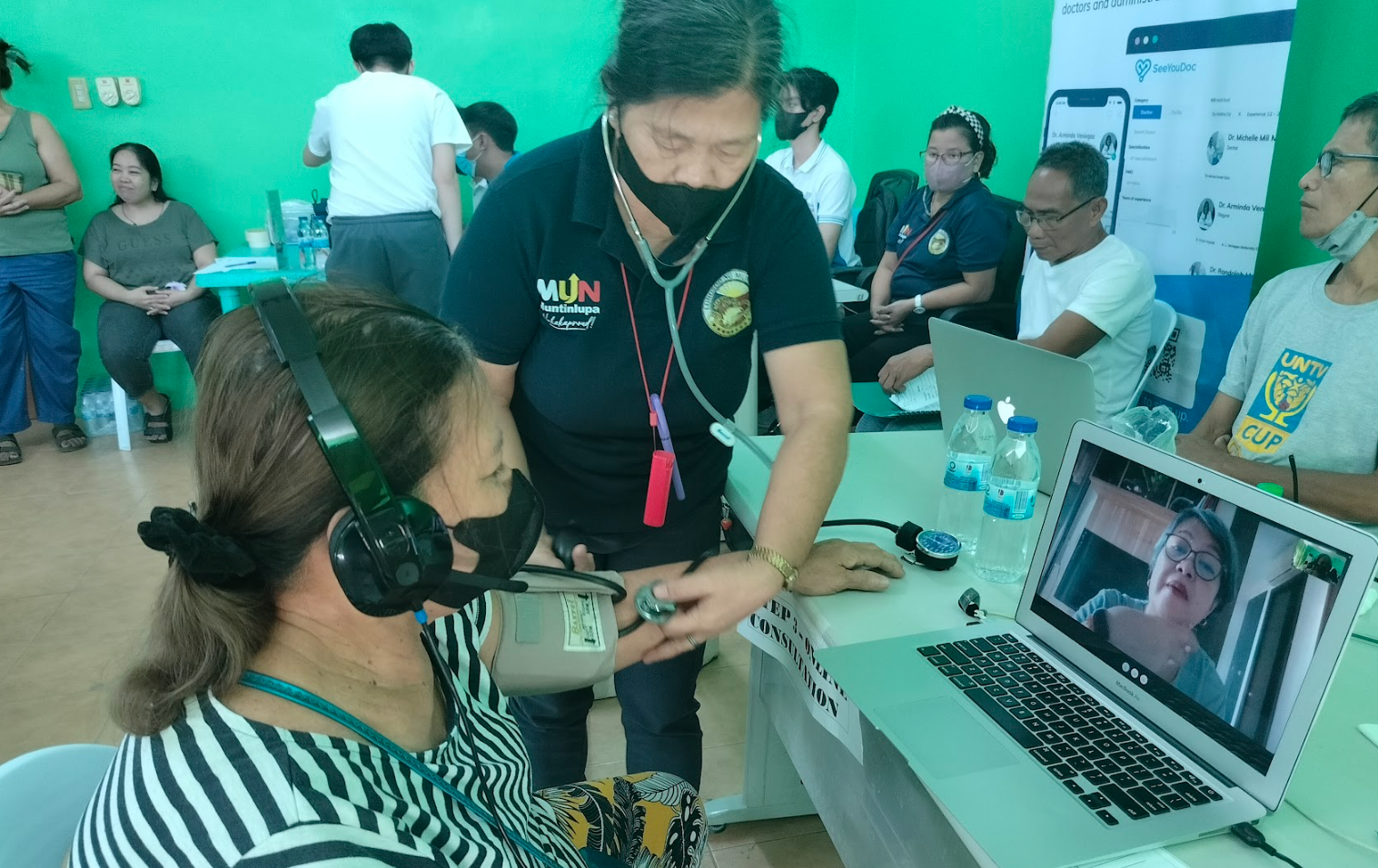Universal Healthcare: Why LGUs Must Adopt Digital Health
Noel Del Castillo
CEO of SeeYouDoc

Adopting digital health tools is essential for LGUs to achieve Universal Healthcare, ensuring accessible, equitable, and efficient healthcare for all Filipinos.
Universal healthcare (UHC) aims to ensure that all Filipinos have access to equitable, quality healthcare services without experiencing financial hardship. Rooted in the Universal Health Care Act (Republic Act No. 11223), this initiative establishes a systemic approach to healthcare delivery by empowering Local Government Units (LGUs) to play a pivotal role in community-based healthcare.
What is Universal Healthcare?
UHC prioritizes inclusivity, health equity, and the delivery of a full spectrum of healthcare services. The UHC Act mandates that health systems be unified on a provincial or city-wide scale to pool resources and deliver seamless care. The law also recognizes the critical importance of preventive care and the integration of digital tools for efficient healthcare delivery.
Government Initiatives Supporting UHC
Department of Health (DOH): Implementing the UHC Act
The DOH spearheads the operationalization of UHC through its implementation of the Implementing Rules and Regulations (IRR) of RA 11223. Key initiatives include:
- Integrated Health Systems: LGUs are tasked with establishing province-wide and city-wide health systems to ensure comprehensive care for their populations.
- Essential Health Benefit Packages: PhilHealth-financed packages cover primary care, laboratory diagnostics, and medicines, emphasizing financial risk protection for underserved populations.
- Equity-Based Resource Allocation: Funding mechanisms prioritize geographically isolated and disadvantaged areas (GIDAs) to bridge gaps in healthcare access.
Department of Science and Technology (DOST): Advancing Research for UHC
DOST supports UHC through the National Unified Health Research Agenda (NUHRA 2023-2028), which aligns research priorities with UHC goals. Highlights include:
- Health Technology and Innovation: NUHRA emphasizes research on telemedicine, health informatics, and artificial intelligence for diagnostics and treatment.
- Health System Strengthening: The agenda encourages studies on cost-effective interventions to address the needs of vulnerable populations and improve primary care.
- Community-Led Research: NUHRA fosters local health innovation by enabling LGUs to participate in data-driven decision-making.
National Economic and Development Authority (NEDA): Driving Health Innovation
NEDA incorporates UHC into its National Innovation Agenda and Strategy Document (NIASD), recognizing the role of innovation in achieving sustainable healthcare delivery. Key strategies include:
- Promoting Digital Transformation: NIASD prioritizes the integration of technology in public health systems to enhance service delivery and accountability.
- Cross-Sector Collaboration: Partnerships between government, private sector, and academia are encouraged to develop scalable health solutions.
- Financial Integration for Health: NIASD aligns funding frameworks with health system goals, ensuring that LGUs have the financial resources to adopt digital health tools.
PhilHealth: Establishing a National Health Data Repository
PhilHealth’s role in UHC extends beyond financing; it includes the creation of a National Health Data Repository to support evidence-based policymaking. This repository:
- Centralizes Patient Records: It ensures interoperability across LGUs, facilitating seamless referrals and health outcome tracking.
- Supports Performance Monitoring: By collecting health service utilization data, it helps LGUs identify gaps and allocate resources efficiently.
- Enhances Equity: The repository enables targeted interventions for vulnerable populations based on real-time health data.
How SeeYouDoc Empowers LGUs
SeeYouDoc’s Telemedicine Roadmap for LGUs
SeeYouDoc is revolutionizing healthcare delivery by offering a comprehensive telemedicine platform tailored to the needs of LGUs. The roadmap provides actionable strategies for integrating digital health tools into local healthcare systems:
- Telemedicine Integration: SeeYouDoc enables LGUs to offer remote consultations, reducing physical barriers to care and increasing access for underserved communities.
- Digital Ecosystem for Healthcare Providers: The platform supports appointment scheduling, digital referrals, medical documentation, and secure payment systems.
- Primary Care Strengthening: LGUs can use SeeYouDoc’s tools to enhance their primary care services by creating a network of providers accessible through digital channels.
Building Partnerships for Universal Healthcare
SeeYouDoc collaborates with agencies like the Department of Health and WHO to empower LGUs through:
- Capacity Building: Training LGU healthcare workers to adopt telemedicine tools.
- Data-Driven Decision Making: Leveraging real-time health data from the platform to guide policy and resource allocation.
- Community Engagement: Engaging barangay health workers and local leaders in telemedicine adoption campaigns.
Conclusion
Universal healthcare represents a bold vision for the Philippines, requiring concerted efforts from all stakeholders, particularly LGUs. Government initiatives and the support of innovative partners like SeeYouDoc provide a clear path forward. By embracing digital health tools, LGUs can overcome the challenges of resource limitations and healthcare inequities, bringing the promise of health for all within reach.
Call to Action: Local leaders must act now to adopt digital health solutions and partner with SeeYouDoc to make universal healthcare a reality for every Filipino.
